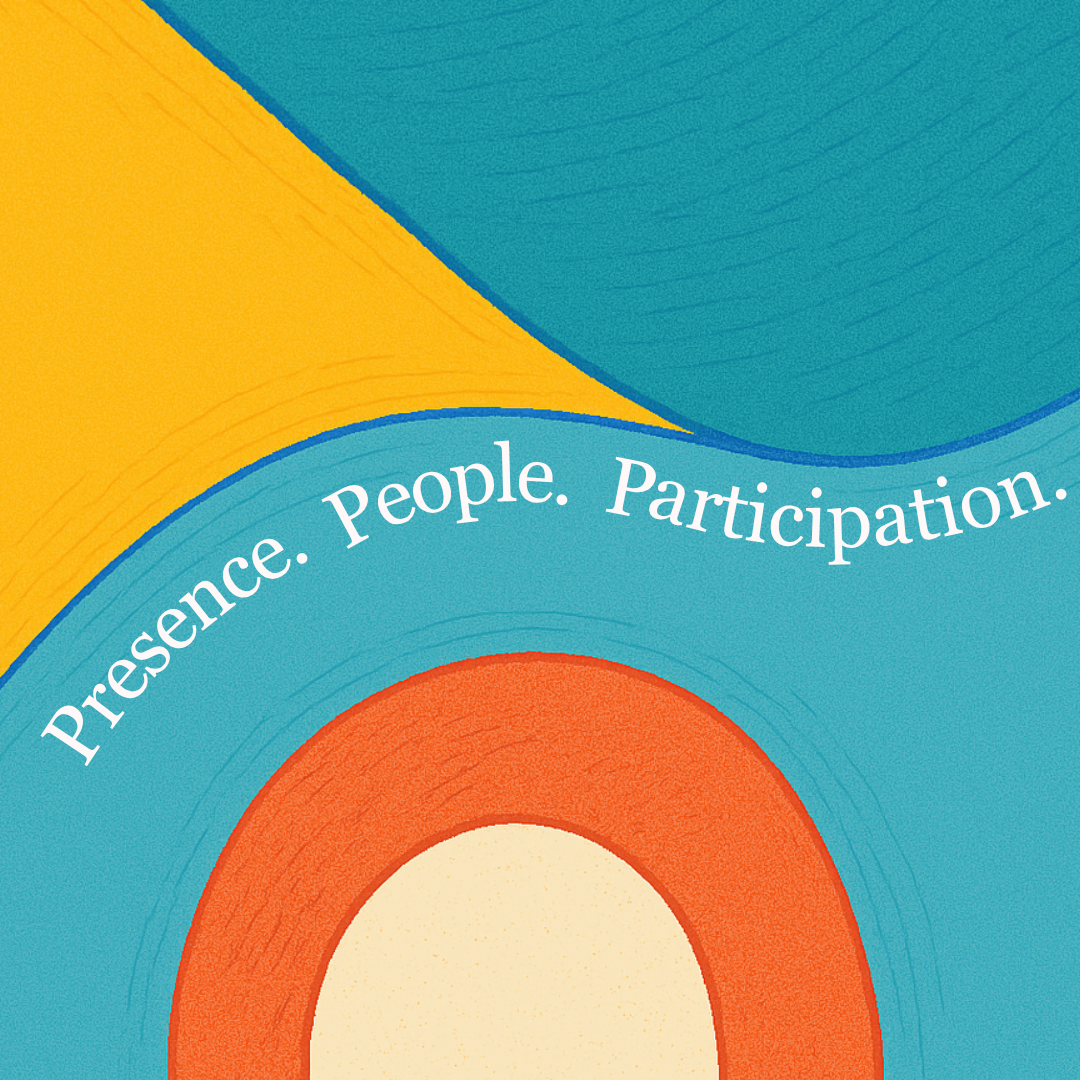Why Strategic Curiosity Wins in Modern Prospecting
In the late 1900s, it made perfect sense for a salesperson to say:
“I’d like to learn more about you and your business.”
It was thoughtful. It was new. It opened the door.
But today? That same message, especially when dropped into a cold LinkedIn DM or email, often shuts the door before it even opens.
We receive these messages all the time. And frankly, it feels lazy.
The intent may be right, but the execution lacks curiosity and preparation.
As Brendan McAdams, Founder of Kiinetics says:
“I want to always be in discovery mode.”
He wants (and recommends) to always be learning when talking to a potential client or customer. The nuance is how you say and do it. In a conversation it flows better and is a natural extension of being interested in someone. In an email, not so much.
Discovery isn't a line in a message—it’s a posture. It's how you approach people, not just how you reach out. Have you checked your posture lately?
Relational Intelligence Starts With Nuance
Relational intelligence is your ability to recognize the small, often invisible signals, the nuance, that someone’s open, interested, or moving in a direction where you can help.
It’s not about clever lines. It’s about informed attention.
When someone says “I’d like to learn more,” but hasn’t even glanced at your profile, your company, or your recent activity—that’s not curiosity. That’s copy-paste.
In a world where a two-minute scan of someone’s LinkedIn (or website) tells you:
• Their most recent LinkedIn or social media post.
• What they care about and publicly talk about.
• Who they engage with, any mutual LinkedIn connections?
• How they see the world and position themselves within it.
There’s no excuse for lazy intros.
A real discovery mindset shows up in the message behind the message—one that says: “I see you. I’ve paid attention. I think there may be something meaningful here.”

Proximity + Curiosity = Opportunity
Proximity is a great advantage. But proximity without curiosity is just digital noise.
• You're connected to the right people.
• You're in the right industry conversations.
• You’re active on the right platform.
And, unless you're showing up with context and care, proximity is just passive.
Relational intelligence turns proximity into presence.
And presence is what builds trust.
Strategic Curiosity in Practice
Here’s how you step into the modern discovery model—beyond the message:
- Do the pre-work: Before you reach out, research and read their content. See who they're engaging with. Skim their company news. It’s not stalking—it’s respect. Yes, use your favorite AI tool to do some of the heavy lifting. If you don't have a favorite, start exploring one.
- Reference something real: “Saw you recently posted about X” is infinitely more compelling than “I’d like to learn more.” Show them you’ve already started learning.
- Make it about them: Curiosity isn’t a prompt for them to fill you in. It’s an offer to explore something together—mutually, and with purpose.
- Be willing to wait: Discovery doesn’t mean immediate action. Sometimes, it means observing for a while. Commenting. Engaging. Staying visible.
- Practice curiosity in content, too: Use your posts and comments to ask smart questions and open loops. Show you’re interested in conversation, not just conversion. Again, ask ChatGPT, Claude, Gemini, CoPilot to help you come up with interesting, non-cliched questions to ask or add to comments. Put the models brilliance to work on your behalf.

The Real Discovery Model
Let’s be honest: The people who thrive on LinkedIn today aren’t the ones with the best pitch. They’re the ones who are always learning.
They don’t rely on someone else to educate them. They step in already informed—and open to more and engage with intention and patience.
They’re not in search mode. They’re in discovery mode. Not once. Not quarterly. Always.
Brendan shares his sales insight in a recent podcast episode (click on image below). Put it on 1.2 speed, go for a walk, and enjoy. There's a gem or two for everyone. Check out Brendan McAdams and his work.
Your Turn
What’s a message that made you feel seen—not sold to?
How has nuance or genuine curiosity changed the outcome of a conversation for you?
Drop it in the comments. We're always in discovery mode, too.




